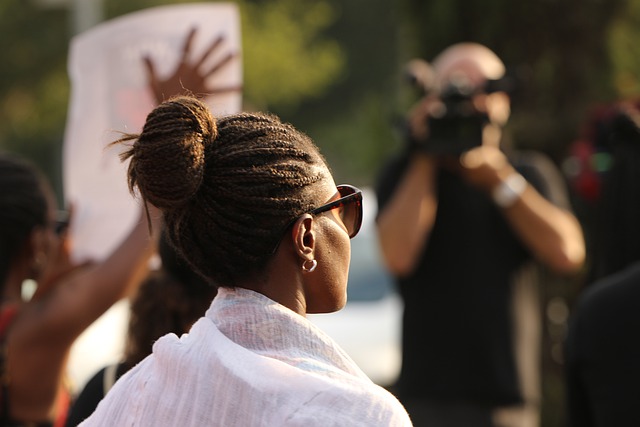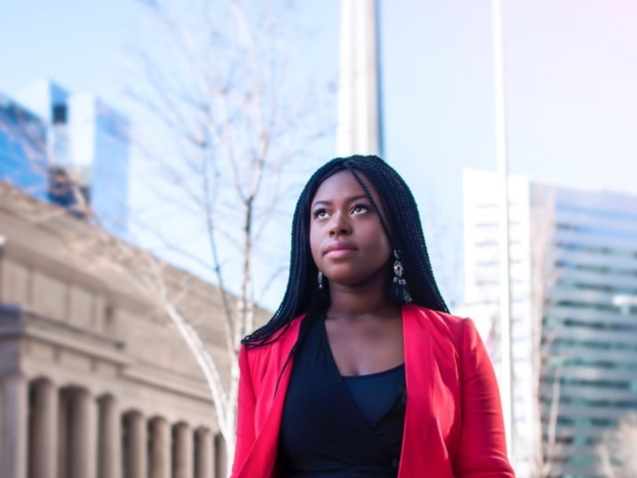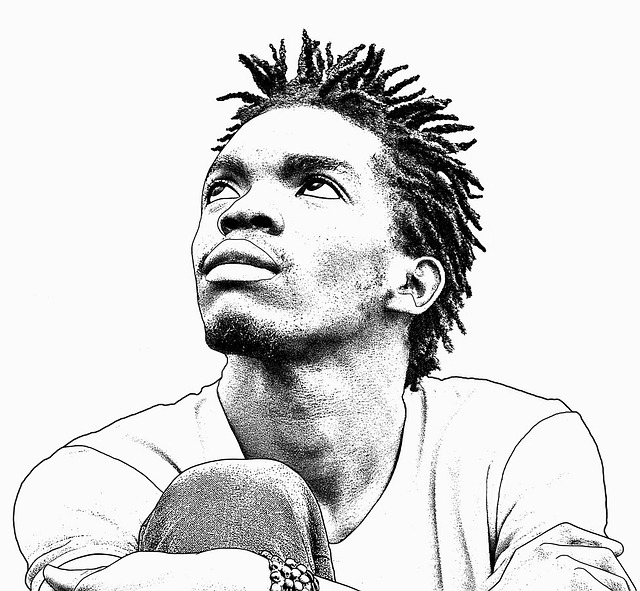I have to interrupt the Relationship Series again for this post because it’s important we Africans living in America talk about this.
The experience of being an African living in America is different from being African American. For many black immigrants especially those who recently migrated to the U.S., it can be slightly difficult to relate to the cause of Black Lives Matter. You might view yourself differently. You might not fully understand Black American history or systemic racism.
As someone who grew up in Cameroon, I didn’t learn stories of slavery or racism through family relatives while growing up. I am still learning a lot of U.S. history now as an adult. This is the case for many Africans living in the U.S. Then, there are factors of age, acculturation, assimilation, years lived in the U.S. versus years lived in Africa, etc., that all play a role in our views on racism in the U.S. Some Africans understand why the racial discussion is necessary, others don’t get it, and many are unsure of how to respond.
The hidden privilege of being African in America
Being African has its advantages. Black people whose parents were born and raised in the U.S. are used to living in a place where they have always been a minority. Although they know their ancestors came from Africa, they do not know Africa from experience. Many are just now tracing their ancestry back to a particular region in Africa. Africans on the other hand, have grown up in places where they have experienced being the majority (South Africa is an exception), hence they were surrounded by other people that looked just like them. Plus, they know exactly where they came from and they know their home so when things get tough in America, they can say to themselves, “I’m going back home to Cameroon, Ghana, Nigeria, etc.” That is a privilege!
In addition, before anyone is able to come to the U.S. there are barriers and hoops they need to cross. Those immigration customs don’t allow just anyone to come here; many Africans who made it across to be in the U.S. were already doing well in their native countries and were selected to be here because they can add to the American economy or society. That also makes many Africans here privileged. (I recognize this may not be the case for many asylum seekers and refugees.) These privileges can sometimes make it difficult for us Africans to stay engaged in the fight for racial justice in the U.S.
Moreover, there are real problems back home in Africa that many of us are thinking about. We have families and friends that depend on us, governments and economies that are struggling, and hopes and dreams for our continent.
Where Black Americans and Africans connect
We, Africans are living in the U.S. and the only reason we can come here and live comfortably is because of all the work our Black American brothers and sisters did for us through centuries of daring to be treated like respectable humans. We are reaping the benefits of all the great leaders in America who fought for better lives for Black, Indigenous, and People of Color (BIPOC). We must acknowledge that!
If you are raising children in the U.S., you will be raising African American children who will adopt the ideals and customs of this country. Hence, these causes may not seem as deep now, but they will affect you one way or another.
And do you think when a police officer stops you or your kids they will ask, “how many degrees do you have?” “oh, you are Black, but you are from a different country?” We are not immune to racial injustice issues just because we don’t fully understand. And even if we were, we live in this country now. While we as Black people may know the differences between us, the rest of the U.S. sees and classifies us as Black. We need to be unified.
“Injustice anywhere is a threat to justice everywhere.” Martin Luther King, Jr.
How do we Africans stay engaged?
Naturally, as humans we don’t have that much emotional, mental, and cognitive energy to focus on many things at once, so how do we pay attention to what’s happening back home and stay engaged in what’s happening where we reside?
- Acknowledge where you are and support those doing the work. It is okay for you to care about issues back home and issues here. You may not be able to do much in one arena because of your life demands, but you can acknowledge that and support those who are doing the social justice work.
- Educate yourself. If you are having a hard time connecting with what is going on, watch some videos, read some articles or books, talk to people that can share their experiences with you. Read this article and watch the videos within for Black history milestones in the U.S. Refer to my Racism Healing Tool Kit for more resources.
- Ask questions and listen to understand. The worst thing we can do when we are not connecting is to be loud and arrogant. It is better is ask questions, be curious about what you don’t know, and listen for understanding.
- Have empathy and kindness. It can be exhausting caring about any issue. If you don’t know what to do, have empathy towards those who are struggling and show kindness towards others. We can all use a little more kindness.
- Pray and act. In a time like this, it can be very difficult to know what to do. Thankfully, God’s ways are much higher than our ways (Isaiah 55:8-9) so we need God’s wisdom to act humbly and rationally. We know that this battle is not really between humans, it is much deeper. We need to pray for God’s guidance and courage to do whatever He calls us to do.
For our struggle is not against flesh and blood, but against the rulers, against the authorities, against the powers of this dark world and against the spiritual forces of evil in the heavenly realms.
And pray in the Spirit on all occasions with all kinds of prayers and requests. With this in mind, be alert and always keep on praying for all the Lord’s people. (Ephesians 6:12, 18)
For all those who are having a rough time now, we see you and we are here for you! God made you in an amazing and wonderful way! (Psalm 139:14)




One Response